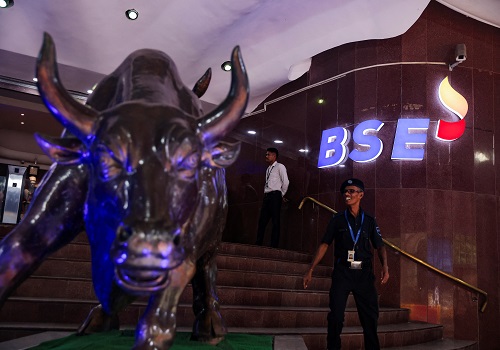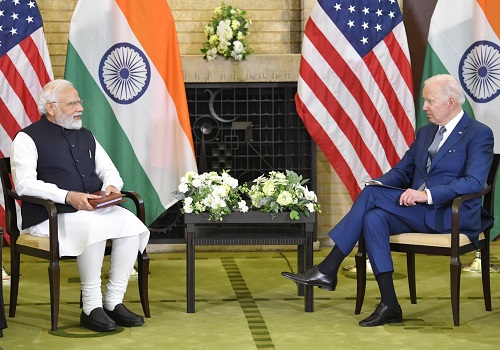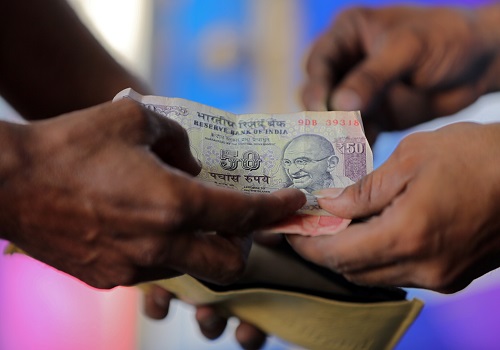Views on RBI Monetary Policy Committee By Esha Khanna, Assistant Professor at Sarla Anil Modi School of Economics (NMIMs)
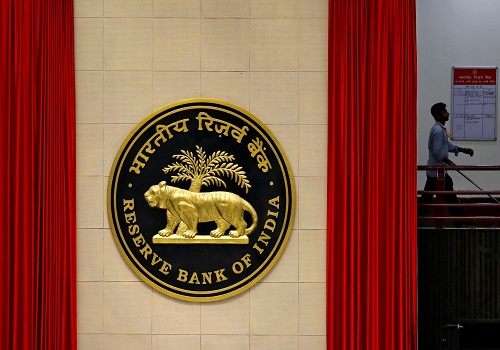
Follow us Now on Telegram ! Get daily 10 - 12 important updates on Business, Finance and Investment. Join our Telegram Channel
Below the Quote on RBI MPC By Esha Khanna, Assistant Professor at Sarla Anil Modi School of Economics (NMIMs)
Above views are of the author and not of the website kindly read disclaimer










More News

Perspective on CPI and IIP Data by Mr. Nikhil Gupta, MOFSL Group


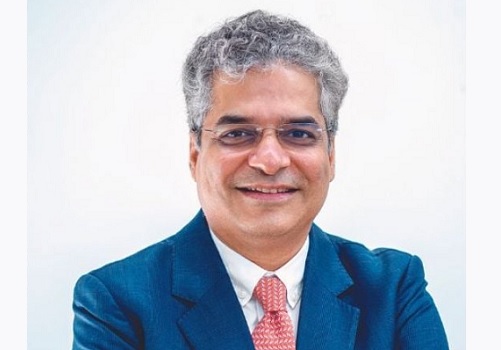


 320-x-100_uti_gold.jpg" alt="Advertisement">
320-x-100_uti_gold.jpg" alt="Advertisement">


